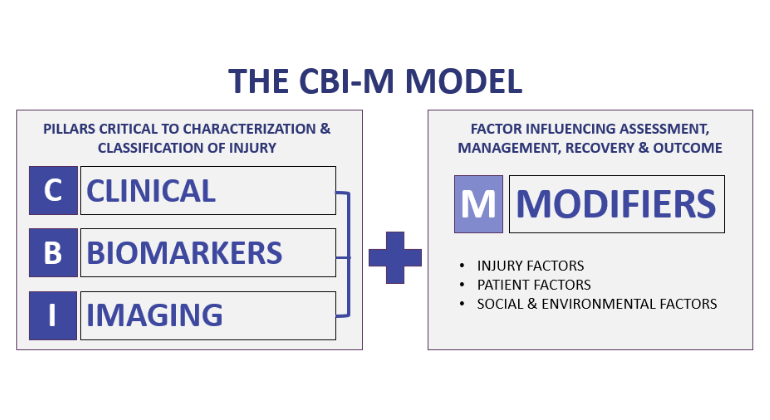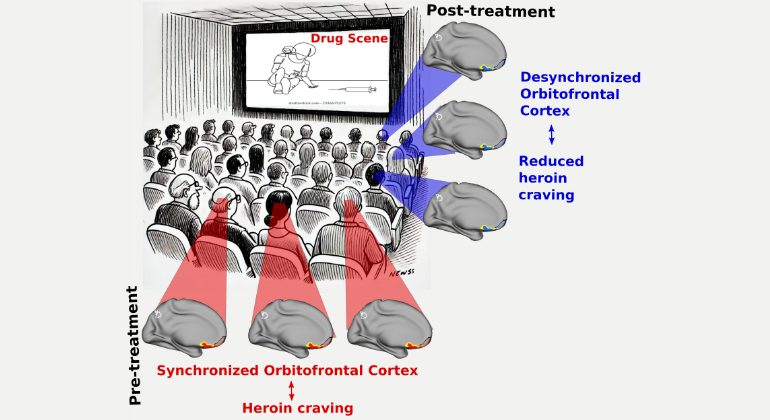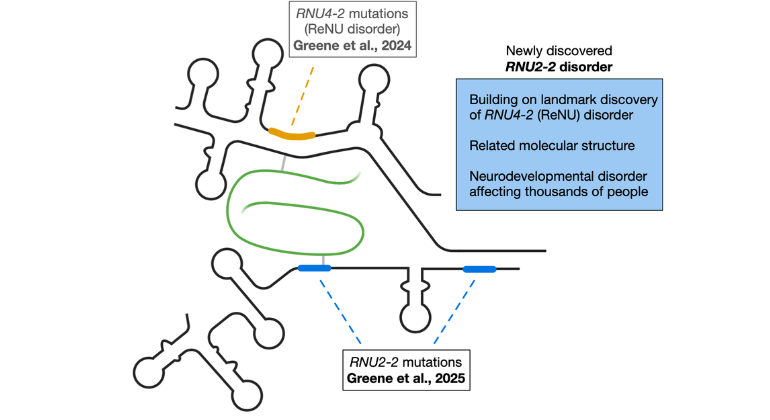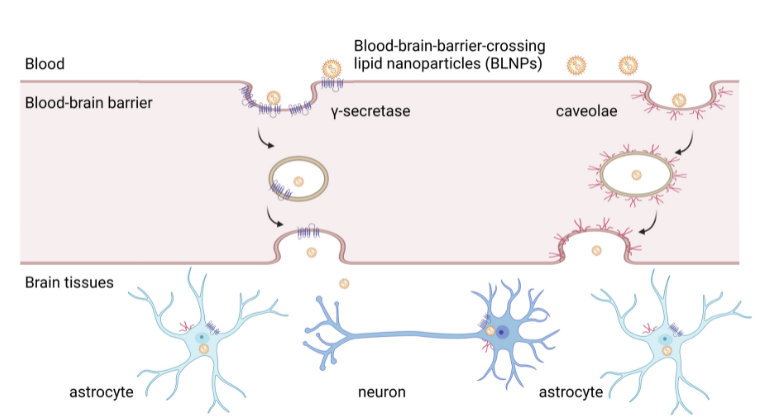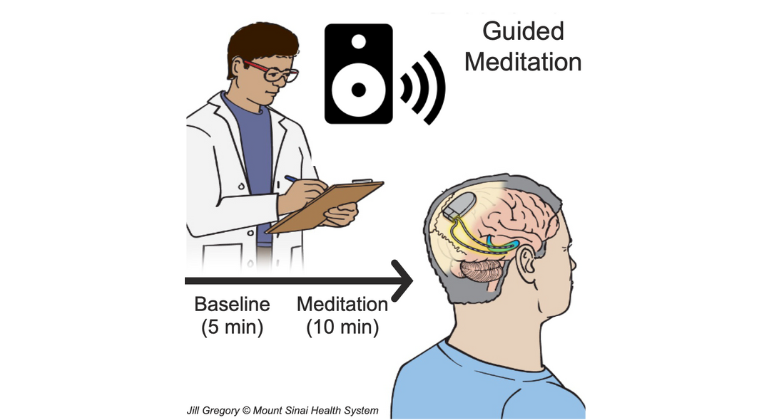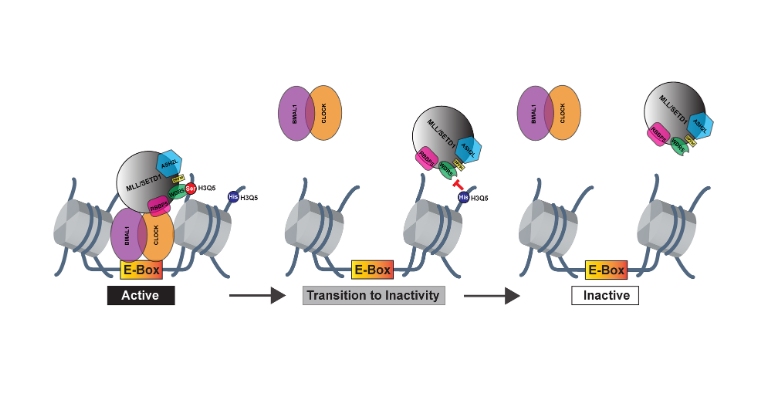Mount Sinai Researchers Help Identify Differences in Disease Progression in Two Subtypes of MS
New data from the American Academy of Neurology meeting describes the consequences of relapses in MS patients who initially have a progressive course.
Researchers from Mount Sinai School of Medicine will present several key studies at the American Academy of Neurology (AAN) annual meeting, including research providing critical insight into the prognosis and clinical treatment course of people with a certain subtype of Multiple Sclerosis (MS). The meeting is taking place April 9-16 in Honolulu.
In a study titled “Evaluation of Progressive Relapsing MS Patients in the PROMISE Trial,” Fred Lublin, MD, Saunders Family Professor of Neurology and the Director of the Corinne Goldsmith Dickinson Center for Multiple Sclerosis at The Mount Sinai Medical Center and Michelle Fabian, MD, Neurology Fellow at Mount Sinai School of Medicine, conducted a subanalysis of the PROMISE trial. The clinical trial is a multinational, multicenter, double-blind, placebo-controlled trial evaluating the effects of glatiramer acetate treatment over three years in patients with primary progressive multiple sclerosis (PPMS). PPMS is characterized by steady disease progression, rather than attacks or exacerbations followed by remissions, which people with relapsing-remitting MS experience.
“We were able to analyze data from a well-controlled clinical trial to determine the frequency and clinical consequences of the occurrence of relapses in MS patients who initially have a progressive course,” said Dr. Lublin. “Our data indicate that baseline characteristics and disease progression in PRMS differ from those in PPMS. As such, clinicians should consider evaluating the PRMS subgroup differently from those with PPMS in assessing prognosis and clinical course.”
The research team evaluated differences in baseline characteristics and disease progression between patients with PPMS and patients with another subtype called progressive relapsing multiple sclerosis (PRMS) to help determine whether disease prognosis and treatment course should be evaluated differently in these subgroups. People with PRMS have steady disease progression, but also experience exacerbations, or relapses.
Using the data from the PROMISE trial, researchers found that 42 of the 943 PPMS patients in the PROMISE trial had documented relapses over the 53 months of the study, which indicates they could be categorized as PRMS. At the end of the study, the PRMS patients had a larger change in the Expanded Disability Status Scale, a method of quantifying disability in multiple sclerosis (0.92 vs. 0.59) than the PPMS patients, and increased risk for sustained disability progression. These results indicate that there is a definable subgroup that will inevitably convert to PRMS, and that disease progression is more rapid in this group. The data was presented Thursday, April 14, 2011, at 2:00 PM HST.
The Corinne Goldsmith Dickinson Center for Multiple Sclerosis at Mount Sinai is one of the first and most comprehensive programs in the United States, focusing on treatment for and research into multiple sclerosis. With state-of-the-art programs in diagnostics, experimental therapeutics, and basic research, the Center emphasizes a multidisciplinary approach to disease management. Close collaboration among researchers and clinicians results in the rapid translation of new discoveries into more effective treatments, giving patients the widest possible range of options.
About The Mount Sinai Medical Center
The Mount Sinai Medical Center encompasses both The Mount Sinai Hospital and Mount Sinai School of Medicine. Established in 1968, Mount Sinai School of Medicine is one of few medical schools embedded in a hospital in the United States. It has more than 3,400 faculty in 32 departments and 15 institutes, and ranks among the top 20 medical schools both in National Institute of Health funding and by U.S. News & World Report. The school received the 2009 Spencer Foreman Award for Outstanding Community Service from the Association of American Medical Colleges.
The Mount Sinai Hospital, founded in 1852, is a 1,171-bed tertiary- and quaternary-care teaching facility and one of the nation's oldest, largest and most-respected voluntary hospitals. U.S. News & World Report consistently ranks The Mount Sinai Hospital among the nation's best hospitals based on reputation, patient safety, and other patient-care factors. Nearly 60,000 people were treated at Mount Sinai as inpatients last year, and approximately 530,000 outpatient visits took place.
For more information, visit http://www.mountsinai.org/.
Find Mount Sinai on:
Facebook: http://www.facebook.com/mountsinainyc
Twitter @mountsinainyc
YouTube: http://www.youtube.com/mountsinainy
About the Mount Sinai Health System
Mount Sinai Health System is one of the largest academic medical systems in the New York metro area, with 48,000 employees working across seven hospitals, more than 400 outpatient practices, more than 600 research and clinical labs, a school of nursing, and a leading school of medicine and graduate education. Mount Sinai advances health for all people, everywhere, by taking on the most complex health care challenges of our time—discovering and applying new scientific learning and knowledge; developing safer, more effective treatments; educating the next generation of medical leaders and innovators; and supporting local communities by delivering high-quality care to all who need it.
Through the integration of its hospitals, labs, and schools, Mount Sinai offers comprehensive health care solutions from birth through geriatrics, leveraging innovative approaches such as artificial intelligence and informatics while keeping patients’ medical and emotional needs at the center of all treatment. The Health System includes approximately 9,000 primary and specialty care physicians and 11 free-standing joint-venture centers throughout the five boroughs of New York City, Westchester, Long Island, and Florida. Hospitals within the System are consistently ranked by Newsweek’s® “The World’s Best Smart Hospitals, Best in State Hospitals, World Best Hospitals and Best Specialty Hospitals” and by U.S. News & World Report's® “Best Hospitals” and “Best Children’s Hospitals.” The Mount Sinai Hospital is on the U.S. News & World Report® “Best Hospitals” Honor Roll for 2024-2025.
For more information, visit https://www.mountsinai.org or find Mount Sinai on Facebook, Instagram, LinkedIn, X, and YouTube.
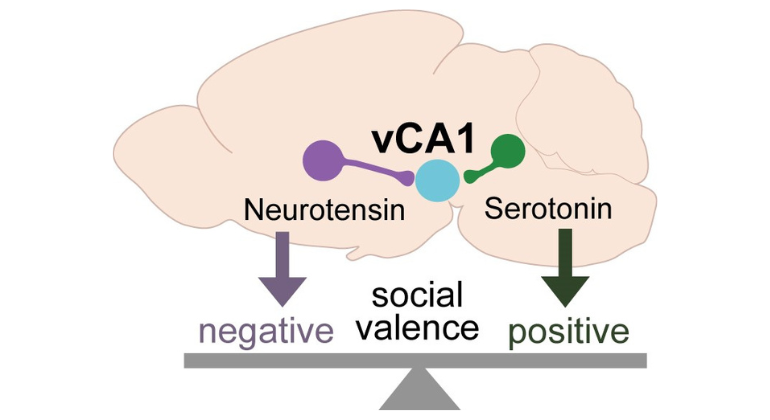
Mechanism by Which the Brain Weighs Positive vs. Negative Social Experience Is Revealed
Apr 30, 2025 View All Press Releases